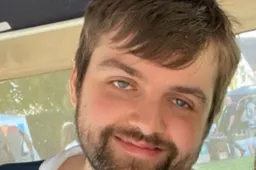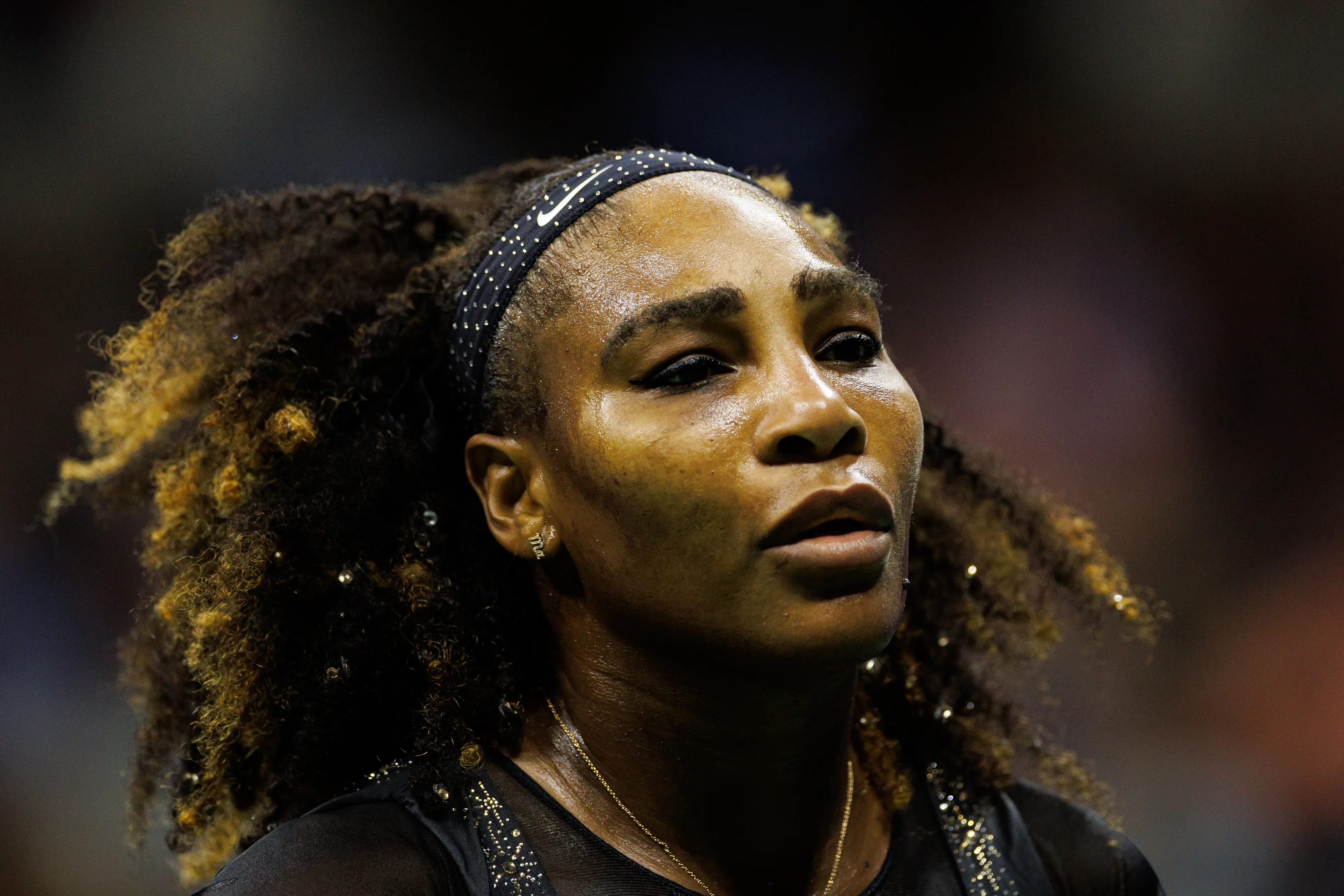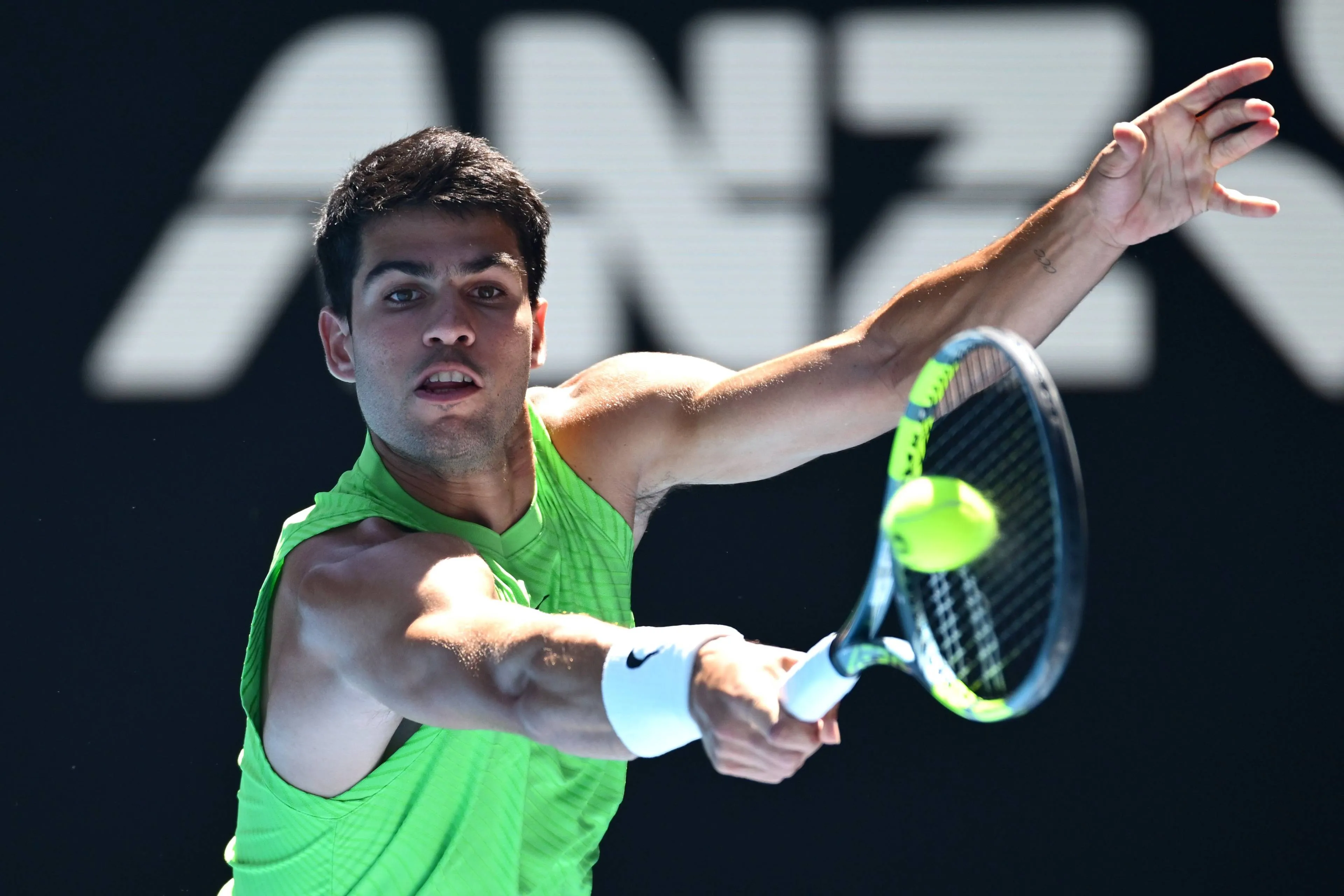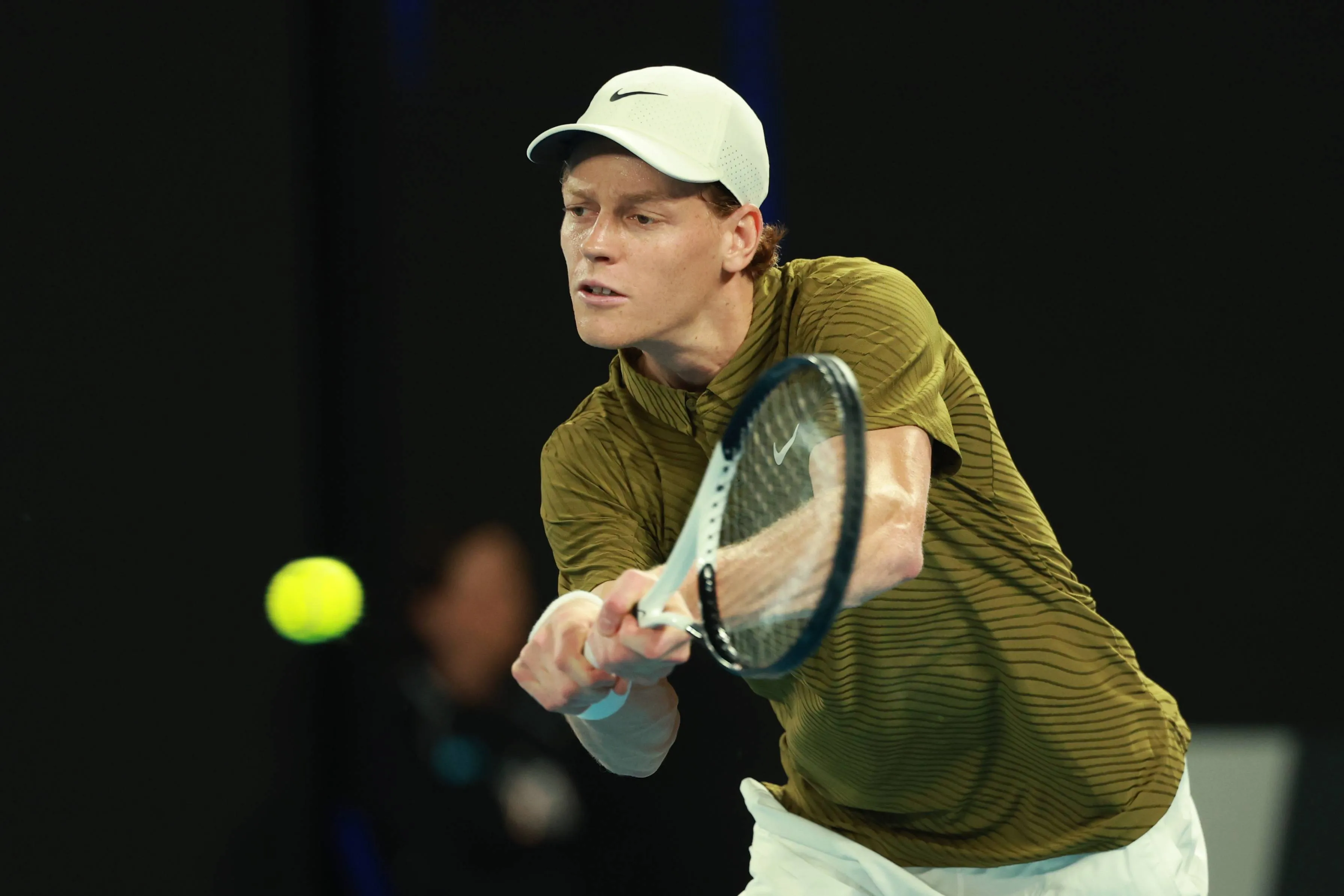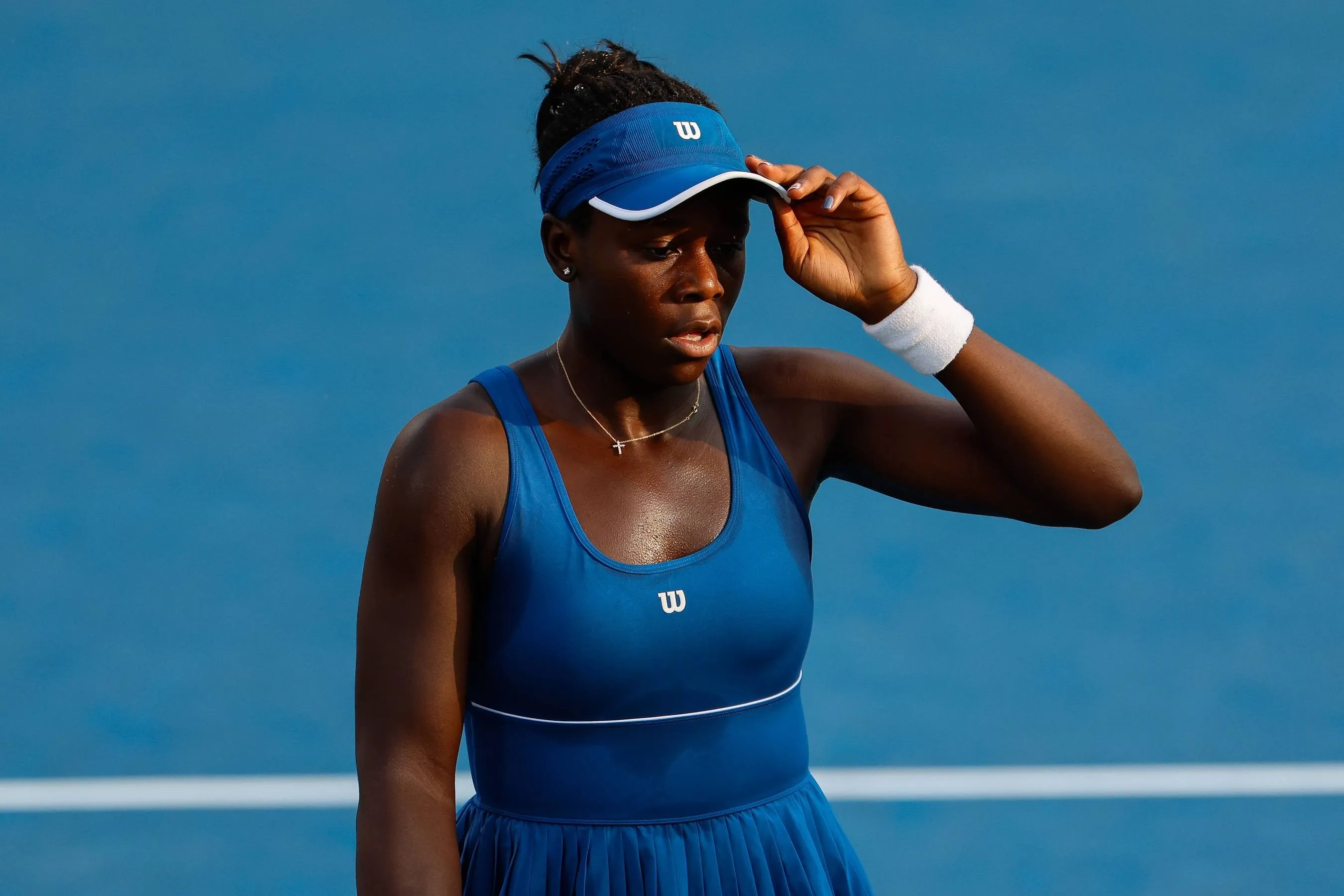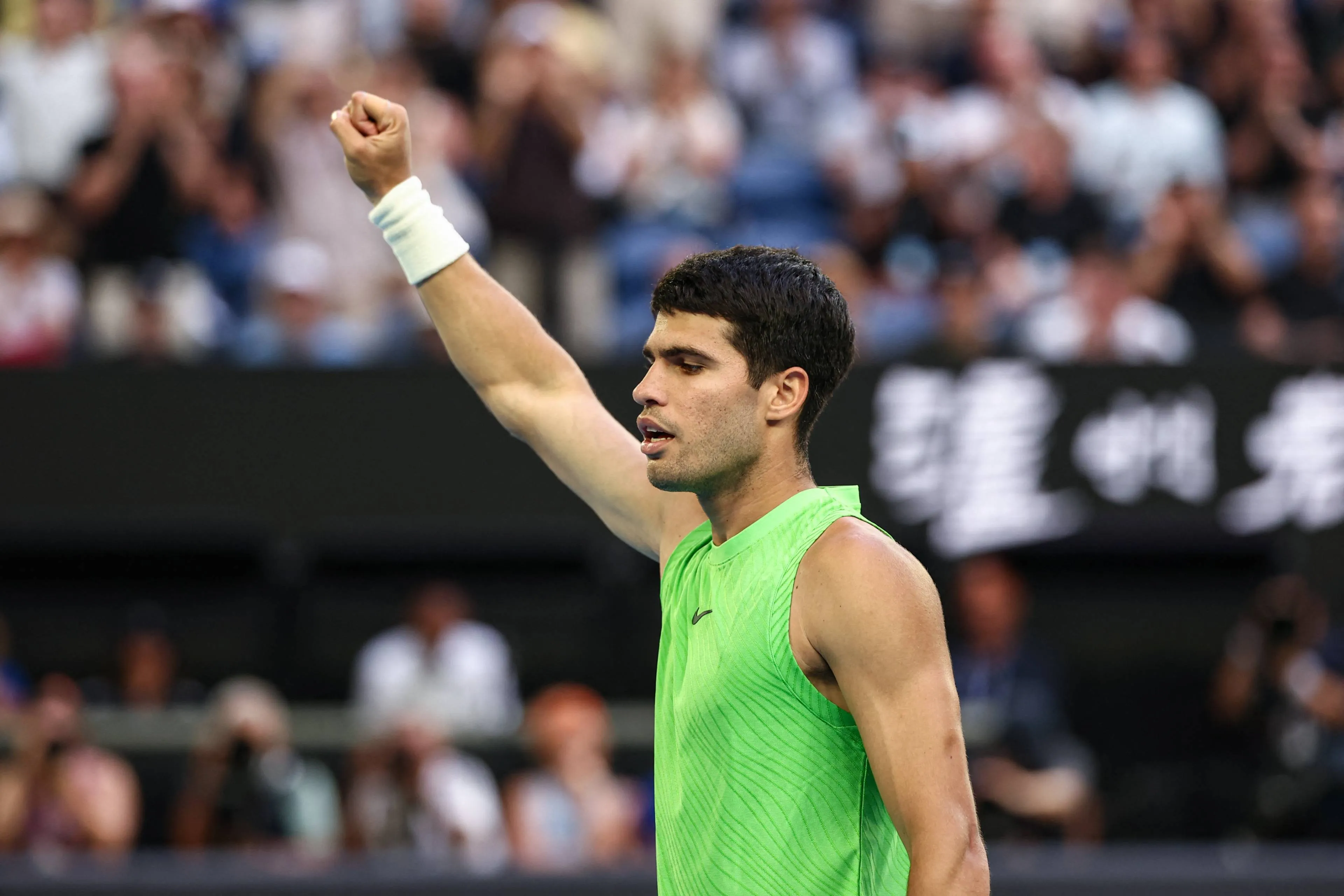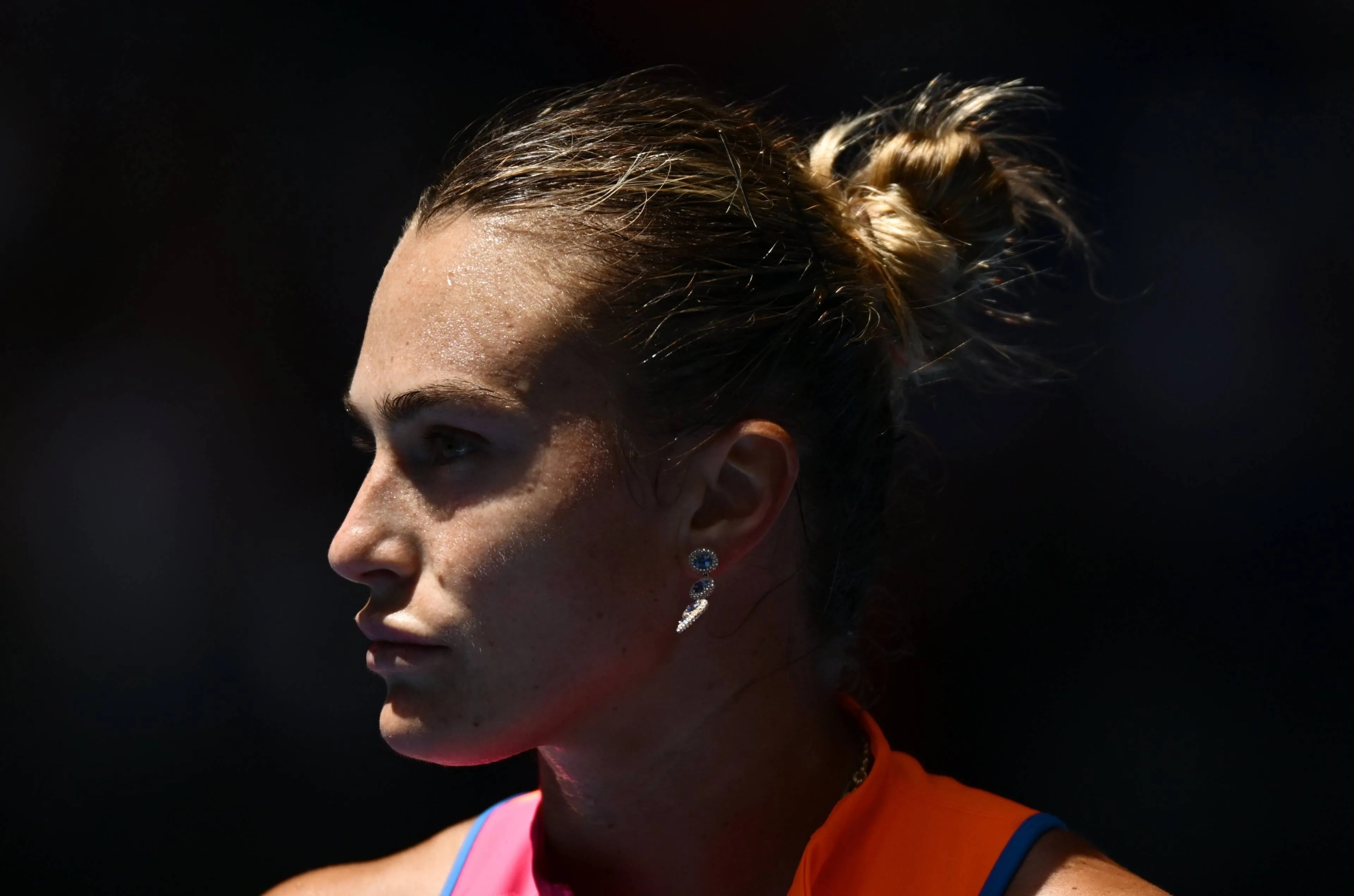Sinner Had 'Moment Of Total Darkness' After Learning Of Positive Doping Tests
NewsSunday, 10 November 2024 at 17:45
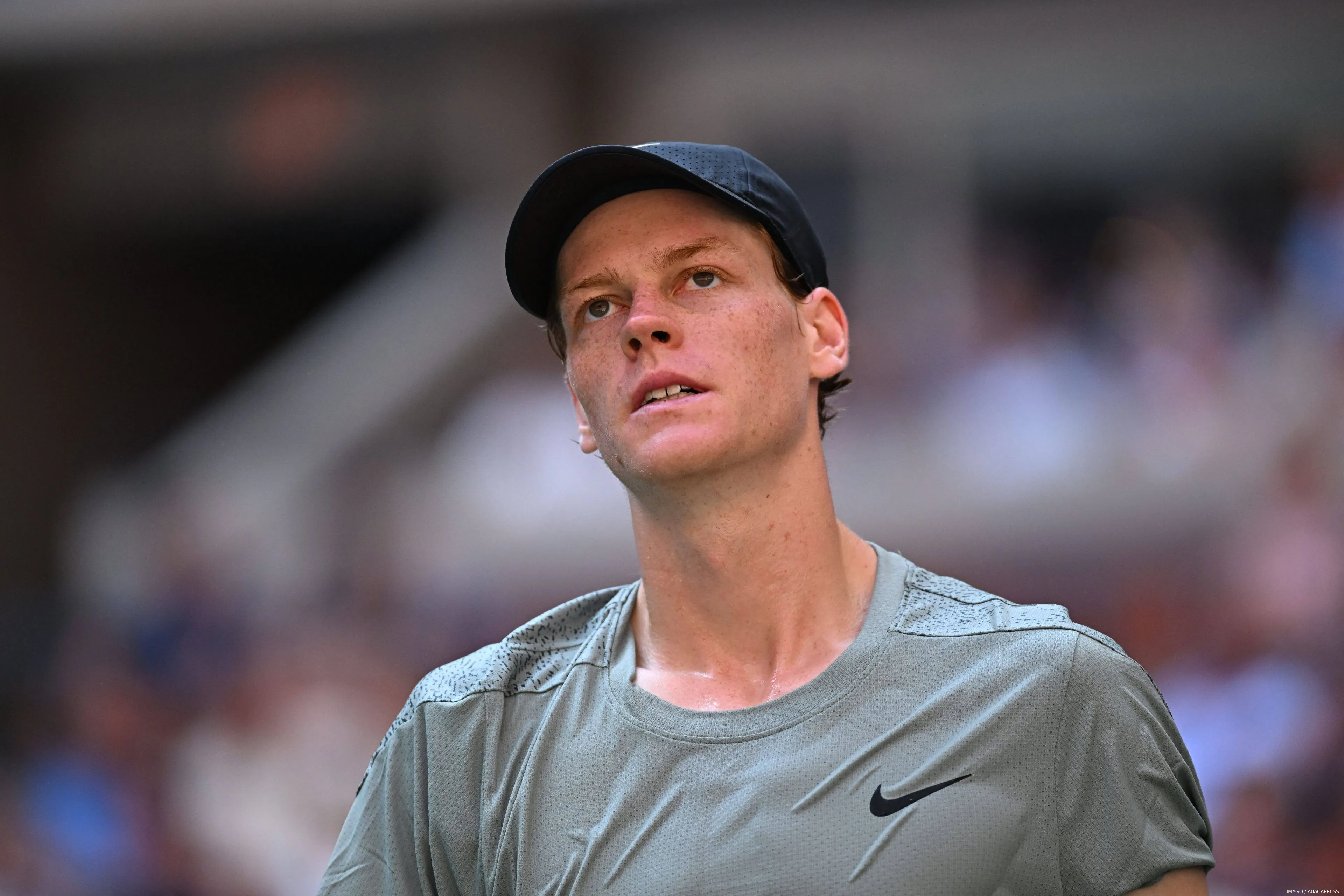
Jannik Sinner described in a recent interview what his immediate reaction was to being told he had tested positive for the banned substance clostebol.
Sinner was competing at the Indian Wells Open when he twice tested positive for the prohibited substance. The Italian did not receive a provisional suspension, and a five-month private investigation followed.
A few days before the US Open began in August, the story became Public. After its investigation, the International Tennis Integrity Agency (ITIA) cleared Sinner, arguing he bore no fault for the positive tests, and the world no. 1 avoided a ban.
Sinner explained to the investigators that a negligible amount of clostebol entered his system without him knowing after massages from his physiotherapist, who had used a spray for a cut finger that contained traces of clostebol.
However, he World Anti-Doping Agency (WADA) appealed the ITIA's verdict. Although the body did not dispute Sinner's version of how the substance entered his system, WADA feels he bears some fault for that happening.
Sinner could face a one- to two-year ban. The Court of Arbitration for Sport will decide the appeal, with a decision expected in early 2025.
It has undoubtedly been an incredibly stressful ordeal for Sinner. The 23-year-old admitted his coach, Darren Cahill, became a very important figure, helping him feel protected after discovering the positive tests.
Cahill's support for Sinner player remains unwavering. The Australian recently reiterated his view that the Italian did nothing wrong and called the Australian Open and US Open winner an inspiration.
In an interview with Esquire UK, Sinner recalled the very start of the process, before Cahill could support him, when he was told about the positive tests and how much of a shock it was.
"I don't wish anyone to go through what I went through. I was in Monte Carlo and Alex Vittur called me and said 'Jannik, you're positive'. I replied 'yes Alex, I'm always positive'. And he said 'no Jannik, you're positive for doping'."
Read also
"I had a moment of total darkness, I didn't know what to say. Nothing came out of my mouth. I immediately tried to understand how it could have happened, I hadn't done anything. I didn't even want to believe it: I felt lost."
Sinner admitted it was tough not being able to talk to anyone about it and reflected on how much it affected him at tournaments such as Wimbledon, where he lost to Daniil Medvedev while struggling physically.
"It was tough. I couldn't talk to anyone about it, those who knew me and saw me play noticed that something was wrong. At Wimbledon I was white on the court, but even afterwards I was scared."
"In Cincinnati I went to the club and wondered: 'How will the other players look at me? What will they think of me?' That's when I really understood who my friends are."
The world No. 1 has done a superb job of remaining focused on the court throughout the process, and he will try to do that again at the ATP Finals.
Read also
Loading
